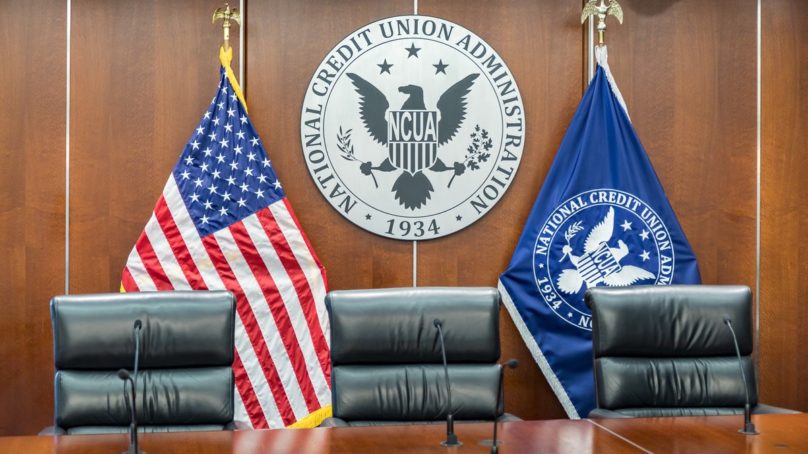
This article first appeared on chipfilson.com
Recently I asked a person who has worked with credit union in the past four decades, what she would like to see in the next NCUA Chair.
Her response: “Someone who cares about us.”
That simple statement felt profound. I circled back to ask how she might know if someone met this criteria.
In her words, the person would not be an outsider. Rather someone who has worked in or with credit unions. An example she cited are those CEO’s today who began their careers as tellers or branch managers to become leading CEO’s. They know the operations and culture that create success from the ground up.
Communications
This person, she said, would reach out and talk with, and more importantly listen to, credit unions.
Credit unions would be included as regulatory policy and priorities are developed. Communication would be ongoing and open. The industry would not be preached to. Rather the system’s success would be celebrated especially with examples that make members’ lives better.
Mutual respect would characterize interactions. The Chair would recognize that not all credit unions perform at the same level. For that is how life works. The multiple legacies of personal time, cooperative resources and member loyalties that are the foundation of today’s cooperative system would be recognized.
What to avoid
I believe most would agree with these characteristics. But her concern was if the Chair was “an outsider with an agenda.” That can lead to a tendency is to see credit unions as an “enemy” especially when in difficulty, rather than being part of a common cause.
This person reflected “how can you regulate if you keep credit unions at arm’s length?” Or if the appointee has never managed an organization, “how can they be expected to do something they have never done before?” Put simply, “how can you regulate something you know nothing about?”
A public conversation on NCUA leadership now
The most consequential action by the incoming administration on credit unions will be the appointment of the next NCUA Chair. Hauptman’s term ends in August 2025.
It is easy to speculate how the broader Trump agenda might impact NCUA. There could be spillover from these efforts. However, the opportunity now is to articulate the factors that would characterize a successful NCUA leadership selection. One that would move the cooperative system forward in its special role addressing the needs of members and local communities.
This dialogue should include identifying potential candidates whose backgrounds suggest both experience and competence in leading an organization that has made a difference during their tenure.
Now is the time for those who believe in the cooperative model, to speak up and ask their affiliated organizations to do likewise. Bring forth names of persons who would bring insight and demonstrated competence to the Chair’s role.
For if credit unions and their affiliated organizations fail to express their views, how can the incoming administration see this appointment as anything other than a job for a loyalist?
If credit unions demonstrate their strong interest in this role, that enhances the chances of a meaningful choice for the next four years. And a more productive relationship between NCUA and all its constituents.
































































